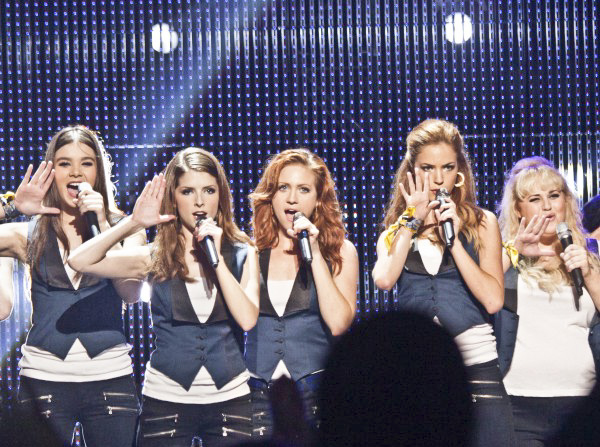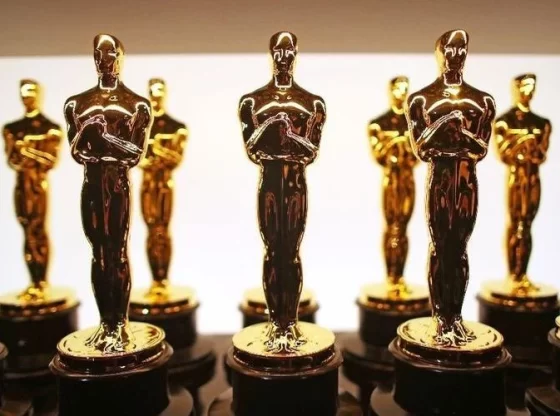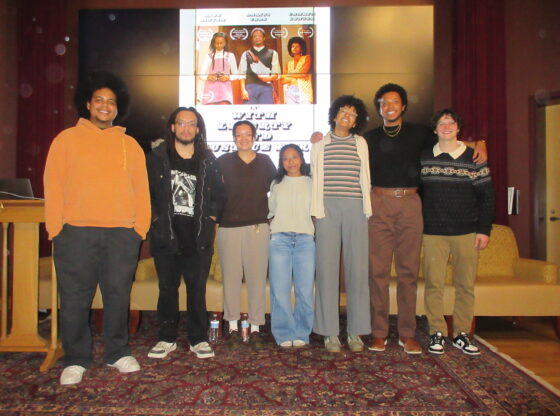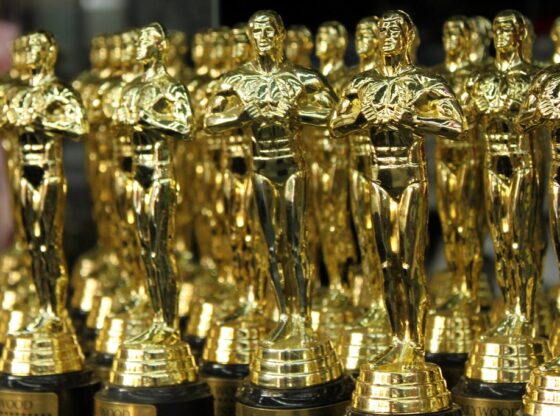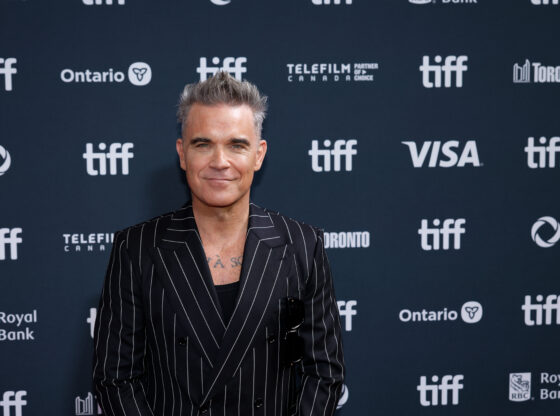On May 15, “Pitch Perfect 2,” the highly anticipated sequel to the 2012 hit “Pitch Perfect,” premiered in theaters. The film follows the Barden Bellas, an all-female a cappella group at fictional Barden College. In this installment, the group must rebuild their reputation and regain their right to compete after experiencing an unfortunate wardrobe malfunction while performing for the president at the Kennedy Center in Washington, DC. Their only hope of redemption is winning an international a cappella competition—a nearly impossible feat, for an American team has never won before.
At its core, the plot of this sequel is largely the same as its predecessor, though the scale of the Bellas’ embarrassment and quest for retribution is slightly larger (and much less vomit-centric).
This is both a strength and a weakness, as it’s a formula that clearly works, but ultimately also lacks creativity. The opponents in this installment, however, are bigger and badder than ever, as the Bellas go up against crews like Das Sound Machine, a power-house German group with their eyes on the prize.
As in the first installment, the music is one of the highlights of “Pitch Perfect 2.” The film features more music from a wider variety of artists, with selections from the likes of Beyoncé, Journey, Fall Out Boy, Carrie Underwood, Jason Derulo, Taylor Swift, Jessie J and more. There are also a larger number of a cappella groups featured, including a cameo appearance by real-life a cappella group Pentatonix and a hilarious scene with a group formed by Green Bay Packers players.
In terms of comedy, there are many laugh-out-loud moments scattered throughout the film, but as a whole this installment simply relies too heavily on racist and sexist jokes.
For example, one of the newest Bellas, named Flo (Chrissie Fit, “Teen Beach Movie”), is reduced to nothing more than a racist stereotype as every single one of her lines pertains to her difficult life as an undocumented immigrant from Guatemala. While this type of struggle is incredibly relevant and important to recognize in our media, its place in this particular film is as the punchline to a joke rather than as a poignant social commentary.
Not to mention the romantic subplot between Fat Amy (Rebel Wilson, “Bridesmaids”) and Bumper (Adam DeVine, “Workaholics”), which presents some problematic ideas about consent. At one point during the film, Bumper quite bluntly asks Fat Amy if she’d like to have sex later, to which she responds “No! 100 percent no!” but then discounts this answer with a sly wink.
In a female-led film that should be all about empowering women, it is disappointing to see the implication that “no” could ever mean “yes,” especially in a world where sexual assault has become a very prevalent issue across college campuses like the one depicted in “Pitch Perfect 2.”
There’s also a slightly troubling relationship between freshman newcomer Emily (Hailee Stanfield, “True Grit”) and Benji (Ben Platt, “Ricki and the Flash”), a senior in the all-male a cappella group The Treblemakers. Emily tells Benji she’s not interested at the beginning of the movie, but he is so persistent in courting her that she eventually gives in.
Though “Pitch Perfect 2” provides a few laughs and some top-notch music, its recycled plot and reliance on subpar humor keep it from living up to the first one. In fact, even its one-liners are hardly memorable, and the negative aspects of the film ultimately overshadow the positive ones. This is one sequel that certainly doesn’t achieve perfect harmony with its earlier counterpart.

